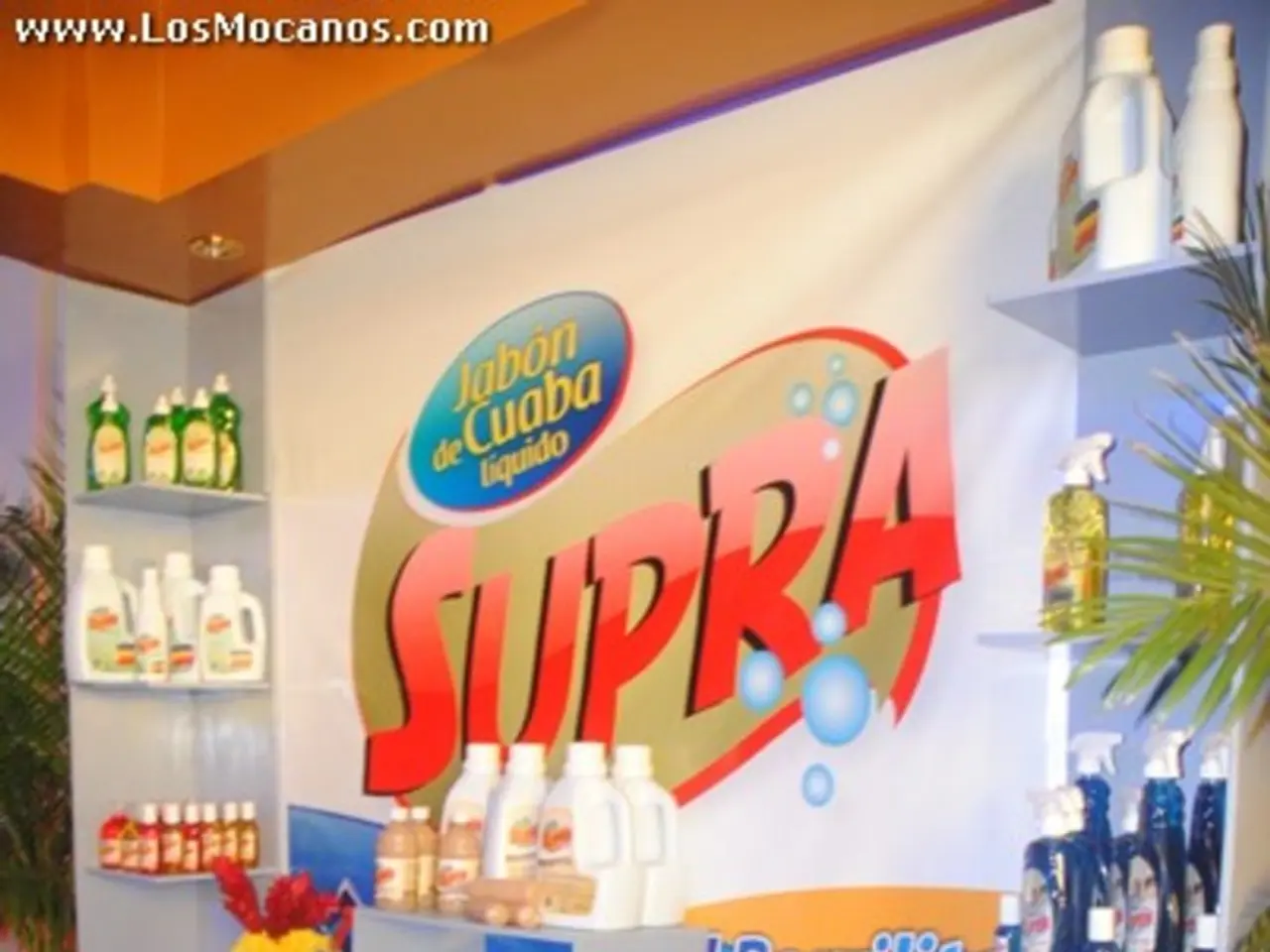Shaping production and consumption tendencies via cosmetic certification
In the rapidly growing natural cosmetics industry, Provital is making a significant impact by prioritising environmental care, ethical practices, and sustainable production. This commitment is in line with the United Nations' Sustainable Development Goals, particularly Goal 12 which focuses on responsible production and consumption.
Provital's mission is to develop innovative and effective natural active ingredients for natural, organic, and sustainable beauty. To ensure transparency and product integrity, the company adheres to the ISO 16128 standard when calculating the percentage of natural ingredients in its products.
The company's dedication to sustainability is evident in its efforts to ensure its supply chain is ethical and sustainable. Provital takes the industry's challenges seriously and responds to the demands of increasingly aware and informed consumers.
In a bid to prove its commitment to concrete actions, Provital has acquired several key natural cosmetic certifications. These include NATRUE, COSMOS, and USDA Organic.
NATRUE is an international standard focusing on natural and organic cosmetics, emphasising transparency and product integrity. It promotes formulations grounded in nature and supported by science, enhancing consumer trust in certified products.
COSMOS, a certification under the EU Green Claims Directive, sets standards for natural and organic cosmetics, ensuring environmental responsibility and ingredient safety.
USDA Organic requires products to contain at least 95% organic ingredients, providing a recognised benchmark for organic content in natural cosmetics.
These certifications contribute to the Sustainable Development Goals (SDGs) by promoting responsible production and consumption, supporting environmental protection, enhancing fair labour practices and economic sustainability, and reducing waste and resource consumption.
Provital has also obtained Halal certification, demonstrating its commitment to generating sustainable and "clean" solutions that cater to diverse consumer needs. Additionally, the company is a member of the UEBT (Union for Ethical Biotrade) association, further solidifying its commitment to sustainable and ethical practices.
As consumers continue to drive the demand for cosmetics that align with their values and lifestyles, brands are adopting sustainable practices in their entire product process, from ethical sourcing of ingredients to the elimination of petrochemical products and the adoption of new packaging practices.
Cosmetic certifications provide transparency, forcing brands to adopt environmentally respectful practices. Companies in the natural cosmetics industry are demonstrating greater transparency to more conscious consumers, ensuring that they can make informed decisions about the products they choose to support.
References:
- Provital
- NATRUE
- COSMOS
- USDA Organic
- UEBT







